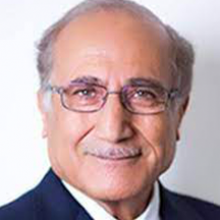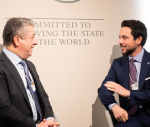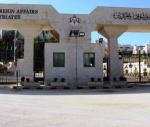You are here
Where is poverty?
Jul 16,2018 - Last updated at Jul 16,2018
Flying over Jordan in a helicopter gives you a deceptive bird’s eye view of the country. What you see from above is nice houses on hilltops, winding roads everywhere, even in places where a few people reside, and lots of infrastructure projects.
In big cities, particularly Amman, cars are crowding the streets until the wee hours of the day. Restaurants and movie theatres are filled to capacity. So, where is poverty? A Westerner’s list of priorities under economic duress may stack up spending priorities in a manner different from that of a Jordanian. If there is a shortage of cash, high level of unemployment and a similar level of poverty, then where does all this spending come from?
It is simple. Mostly, people are not paying their debts or are delaying such payments, and whatever cash they get their hands on is either spent on little pleasures or kept at home for emergencies.
High unemployment among the youth is overburdening their families, both financially and emotionally. If a family’s son or daughter has been seeking employment in vain for a number of years, they safeguard whatever is left of their sanity by the cushion of spending money.
Poverty is not what an average Jordanian would like to reveal. To him, such transparency is in direct violation of his dignity; to bite the bullet is much less painful than screaming “ouch”.
Thus, poverty among many people, especially those of the eroding middle class, is lurking behind that thin veneer of dignity. If Jordanians are stripped of that last veil, they will be truly indignant.
Poverty in Jordan was always offset by government social programmes and by peoples’ high social consciousness and empathy. Relatives, friends and neighbours always found ways to donate to the needy. The social bill has swollen in view of the increasing number of the poor and the declining income and wealth of those who can potentially donate. The gap is widening over time.
Thus, any economic policy should not be oblivious to the mounting poverty in Jordan. Focus should be directed at the people living in rural and desert areas. The twin solution of fighting poverty and creating jobs should go hand in hand. Alms giving is short-lived and has its toll on peoples’ dignity and self-respect.
It is about time that we make combatting poverty our top priority in Jordan through an intensive programme of job creation. To do that most effectively, we need macro-planning and micro-targeting.
We need a map of interlinked projects and a plan to put such projects on the fast-track. Seeing poverty and employment levels going down is the best news people are yearning to hear. It will open windows of opportunities for a more secure and prosperous Jordan.













